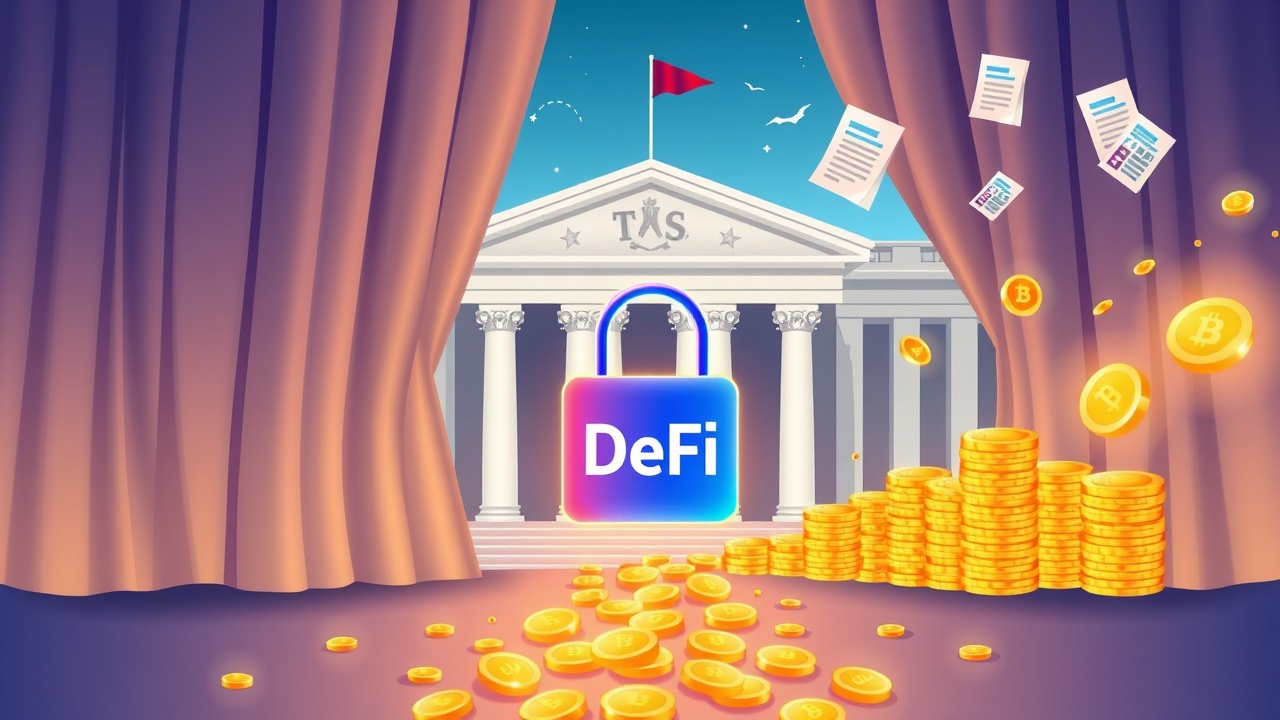Decentralized Finance Celebrates Legislative Victory
The decentralized finance (DeFi) sector celebrated a significant legislative victory as the U.S. Treasury Department announced the repeal of a contentious reporting requirement introduced during the Biden administration. This rule mandated that DeFi platforms complete IRS Form 1099-DA for each user transaction, a move that many in the industry deemed burdensome and contrary to the core ideals of decentralization.
Treasury Decision and Legislative Support
On June 10, 2023, the Treasury made its decision formal, following action taken by Congress earlier this year to revoke the measure through the Congressional Review Act. This legislative move was facilitated by bipartisan support from lawmakers who are proponents of DeFi, culminating in President Donald Trump’s endorsement of the repeal in April.
Impact on DeFi Platforms
The relaxed regulations mean that non-custodial DeFi platforms will no longer be bound by stringent compliance measures, such as the know your customer (KYC) requirements and mandatory transaction reports. Significantly, the Congressional Review Act prevents the IRS from reinstating a similar rule in the future unless explicitly sanctioned by Congress.
However, it’s important to note that this repeal does not extend to centralized exchanges, which remain required to provide IRS 1099-DA forms. Furthermore, individual DeFi users must continue to self-report their gains and losses, as the IRS will no longer automatically receive detailed transaction data.
Community Reactions and Future Implications
The implications of this decision are profound for the DeFi community, with leaders like Miller Whitehouse-Levine, CEO of the DeFi Education Fund, arguing that previous reporting rules not only infringed on user privacy but could have stifled innovation within the sector. Industry specialists have warned that excessive regulatory hurdles could drive DeFi projects to relocate abroad where regulations may be more lenient.
DeFi protocols are fundamentally designed to operate independently of centralized control, complicating compliance with traditional regulatory frameworks, especially given that many do not have identifiable legal entities. Nevertheless, some projects label themselves as DeFi for promotional purposes, blurring the lines within the industry.
In light of these recent changes, the DeFi landscape may evolve, continuing the debate around regulation and innovation in this rapidly developing field.




